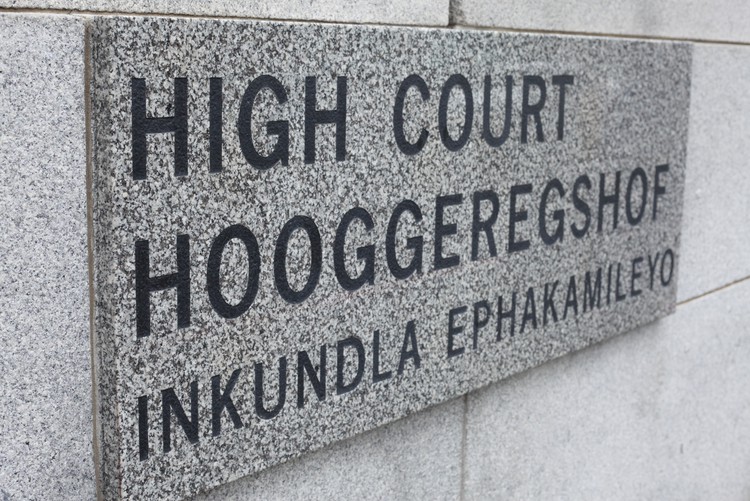Voters have a right to information about party funding, court told
DA to oppose calls for disclosure of funders
Political parties should have to disclose who funds them, argued counsel for My Vote Counts in the Western Cape High Court today.
Arguments were heard from Advocate David Unterhalter, for My Vote Counts, and from Advocate Thabani Masuku, for the Minister of Justice. The Democratic Alliance, the only political party to oppose the court application, will present its arguments in court tomorrow.
Submissions on the topic of political party funding were also heard in Parliament today.
Unterhalter, for My Vote Counts, argued in court that the Promotion of Access to Information Act (PAIA) is constitutionally flawed in that it does not make provision for the recording and disclosure of information related to the funding of political parties.
Information about political party funding was very relevant to the “most fundamental” right – the right to vote, he said.
“When one chooses a party, one does not simply rely on what the party chooses to disclose. One wishes to know who stands behind that party, who backs it and why do they back it,” he said. Knowing this, revealed important information about the party, said Unterhalter, and was directly relevant to making an informed vote.
Unterhalter said citizens must make an “informed choice” when they vote. “All information relevant to the political choice must be on the table for the voter. Not [just] the information the political party chooses to show the voter.”
Unterhalter also argued that political parties are not private entities and that they are there to ensure we have a “just society”. “Information as to who supports a party is highly relevant to whether that party is going about its business to achieve the ultimate ends of the constitution.”
He said that the problem with PAIA is that it “lumps together” political parties and private individuals.
My Vote Counts also argued that the disclosure of information related to the funding of political parties, tied into concerns about corruption. Unterhalter said that there was a great risk that political parties’ constitutional role could be perverted if they were subject to the “pressures of corruption”.
Disclosure could help, said Unterhalter, as citizens would be able to “see who is doing what and why they are doing it”.
“You are entitled to know what a political party is doing, who supports them and why they might support them.”
He said that case law had shown that information that was “reasonably required” should be made available.This included information which was not documented. Political parties shouldn’t be able to say that because the information wasn’t recorded in a document, they did not need to disclose it.
He disputed the DA’s argument in its court papers that donors wish to remain anonymous. “You can’t hide behind the notion that [your] sources of funding remain private, even though you are a public institution seeking office,” said Unterhalter.
Privacy or anonymity claims were insignificant compared to the “foundational right to vote,” he said.
In response to DA arguments that donors feared they would be punished by the ANC for funding other parties, he said the possibility of illegal action was not an argument and if this concern was weighed up against the right to a free and open democracy, the latter would win.
Masuku, for the Minister of Justice, said My Vote Counts was targeting the wrong legislation. The Electoral Act and Electoral Commission Act should instead be targeted, said Masuku.
He will continue with his arguments tomorrow, followed by counsel for the DA.
Support independent journalism
Donate using Payfast

Don't miss out on the latest news
We respect your privacy, and promise we won't spam you.
Next: Informal miners demand legalisation of their work
Previous: CPUT drops intimidation charges against SRC president
© 2017 GroundUp. 
This article is licensed under a Creative Commons Attribution-NoDerivatives 4.0 International License.
You may republish this article, so long as you credit the authors and GroundUp, and do not change the text. Please include a link back to the original article.

